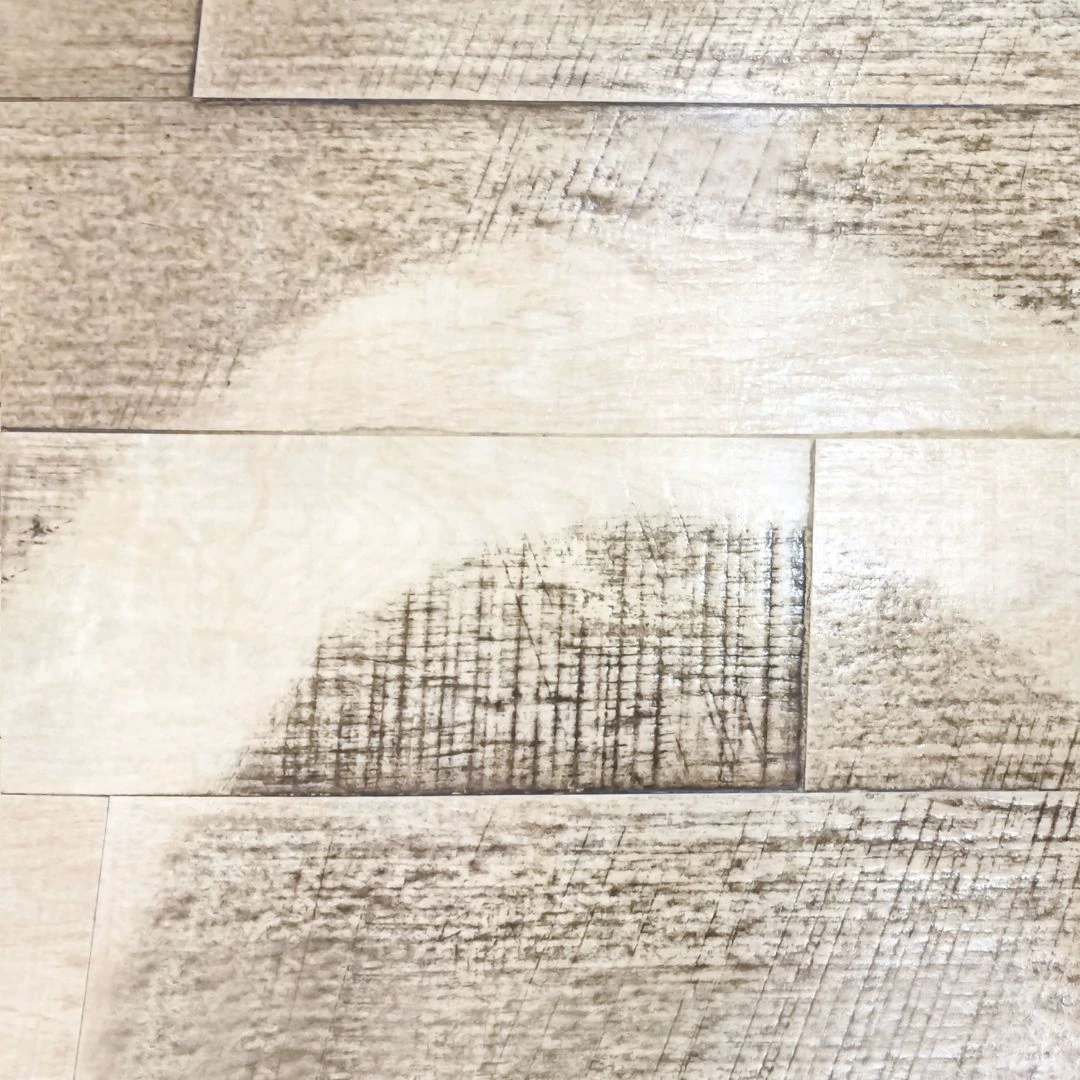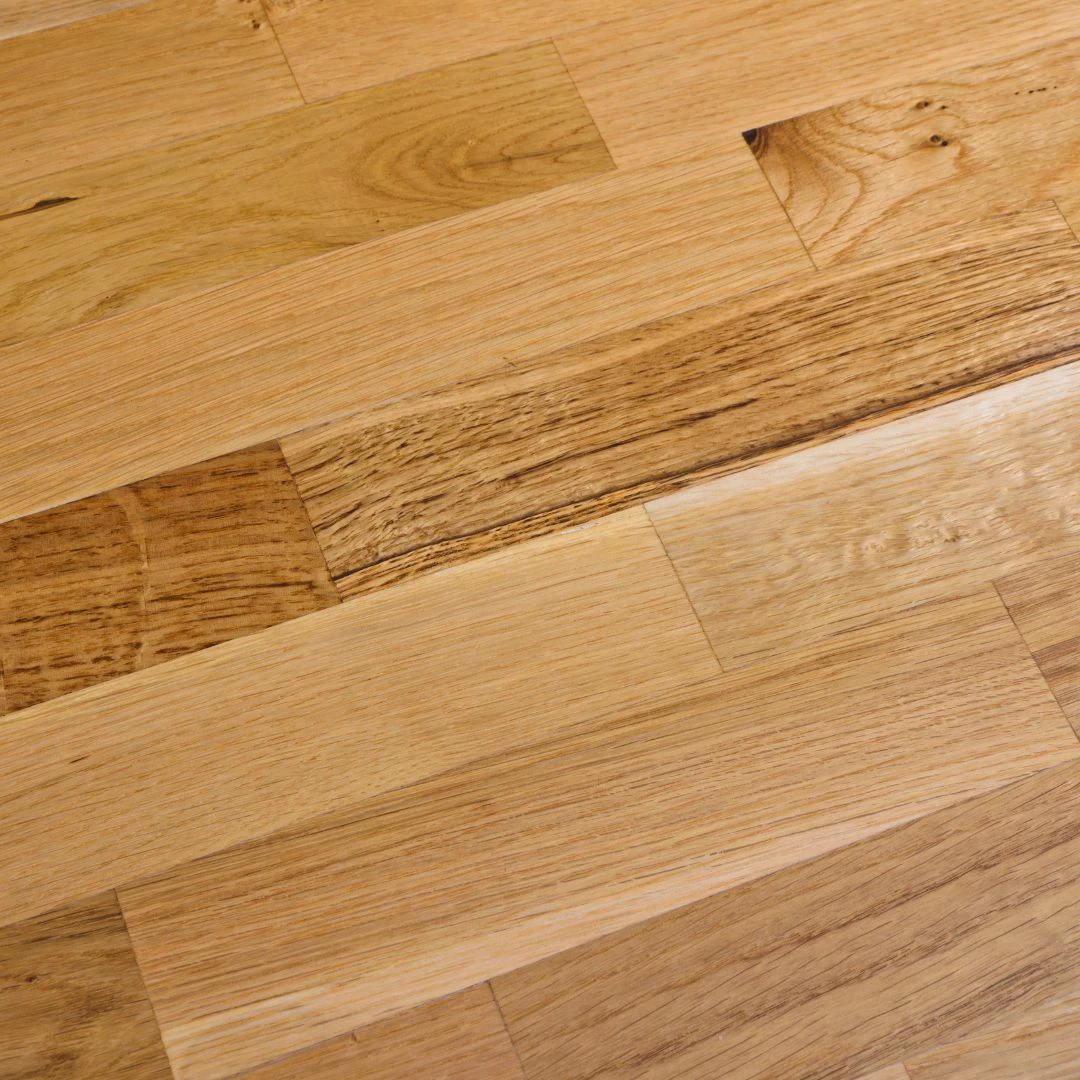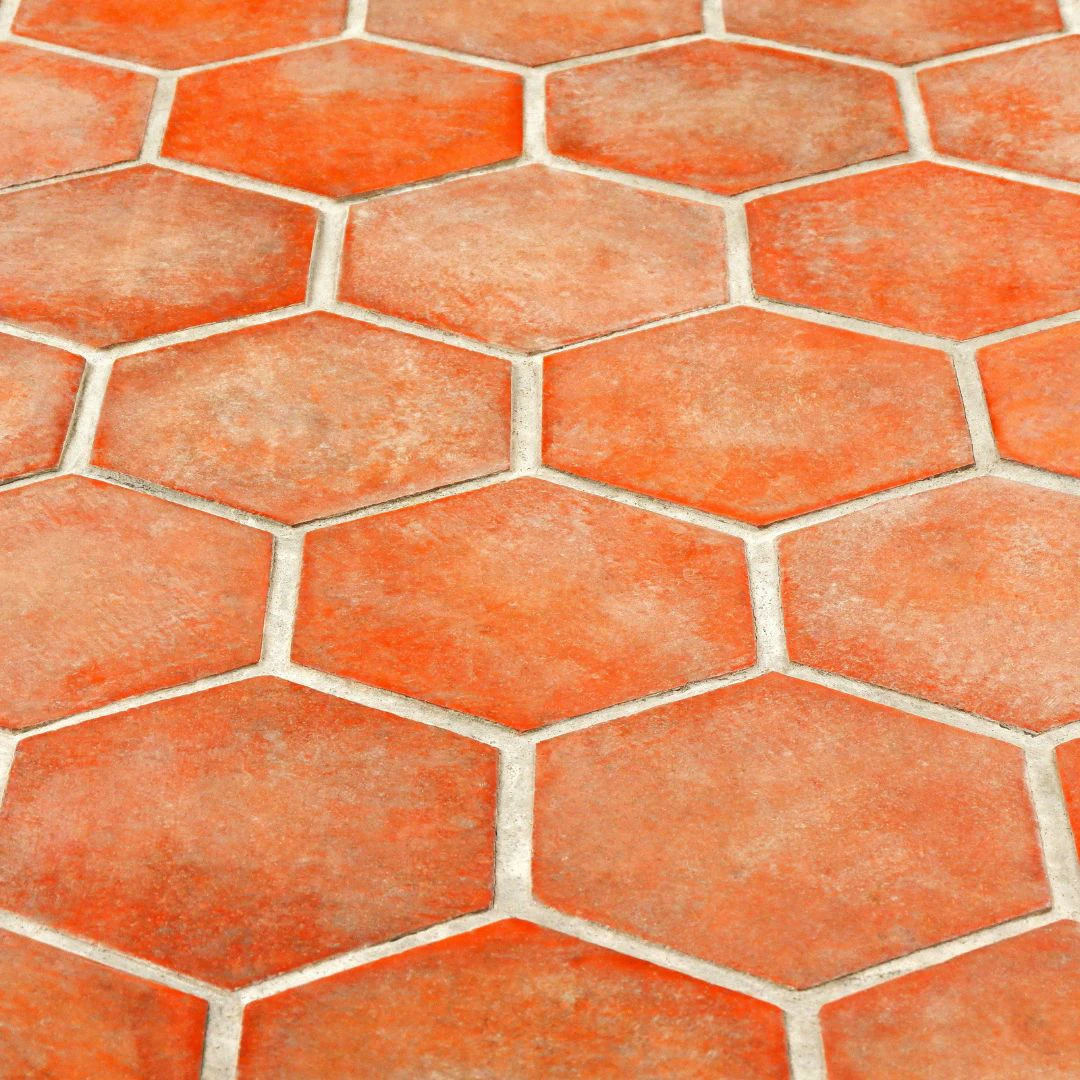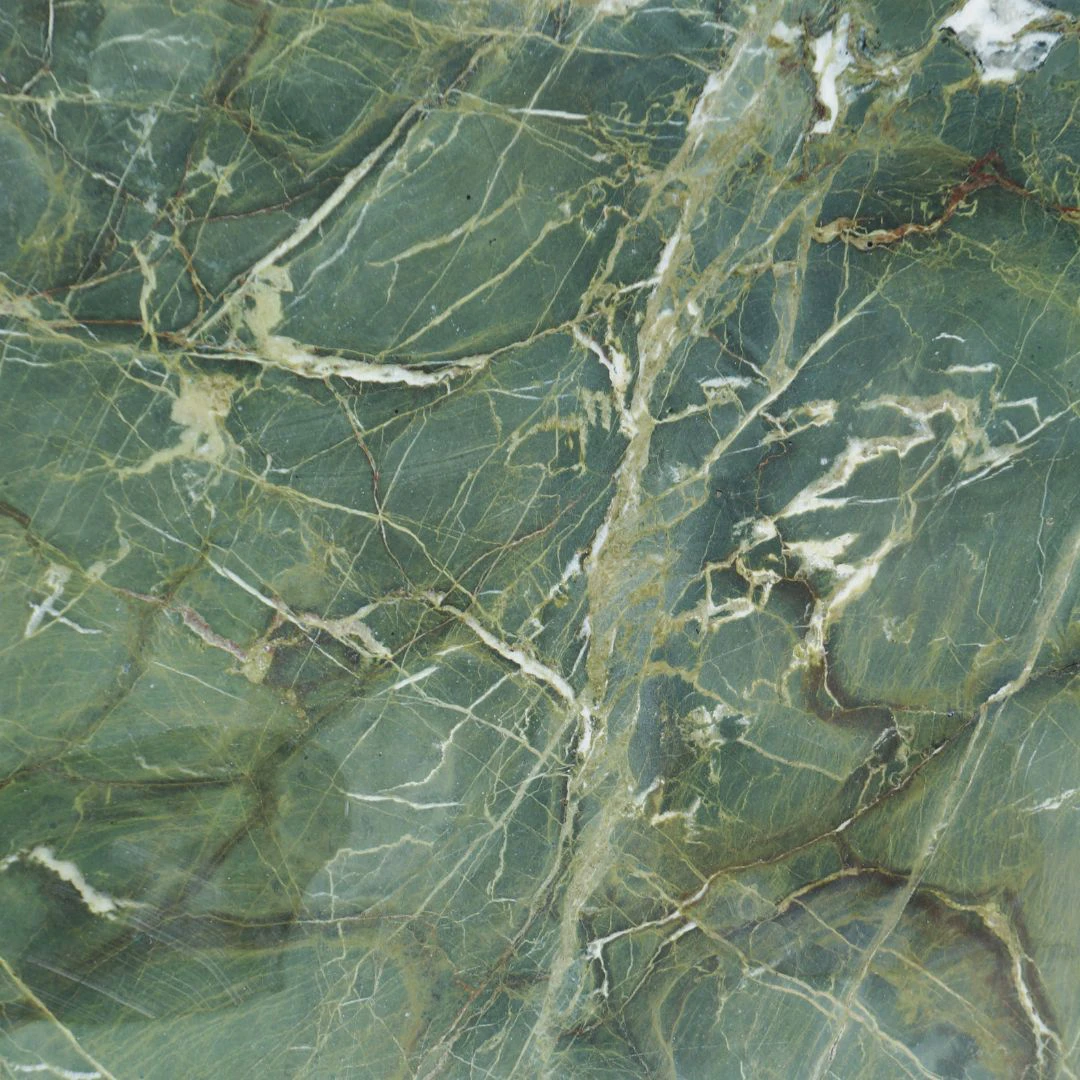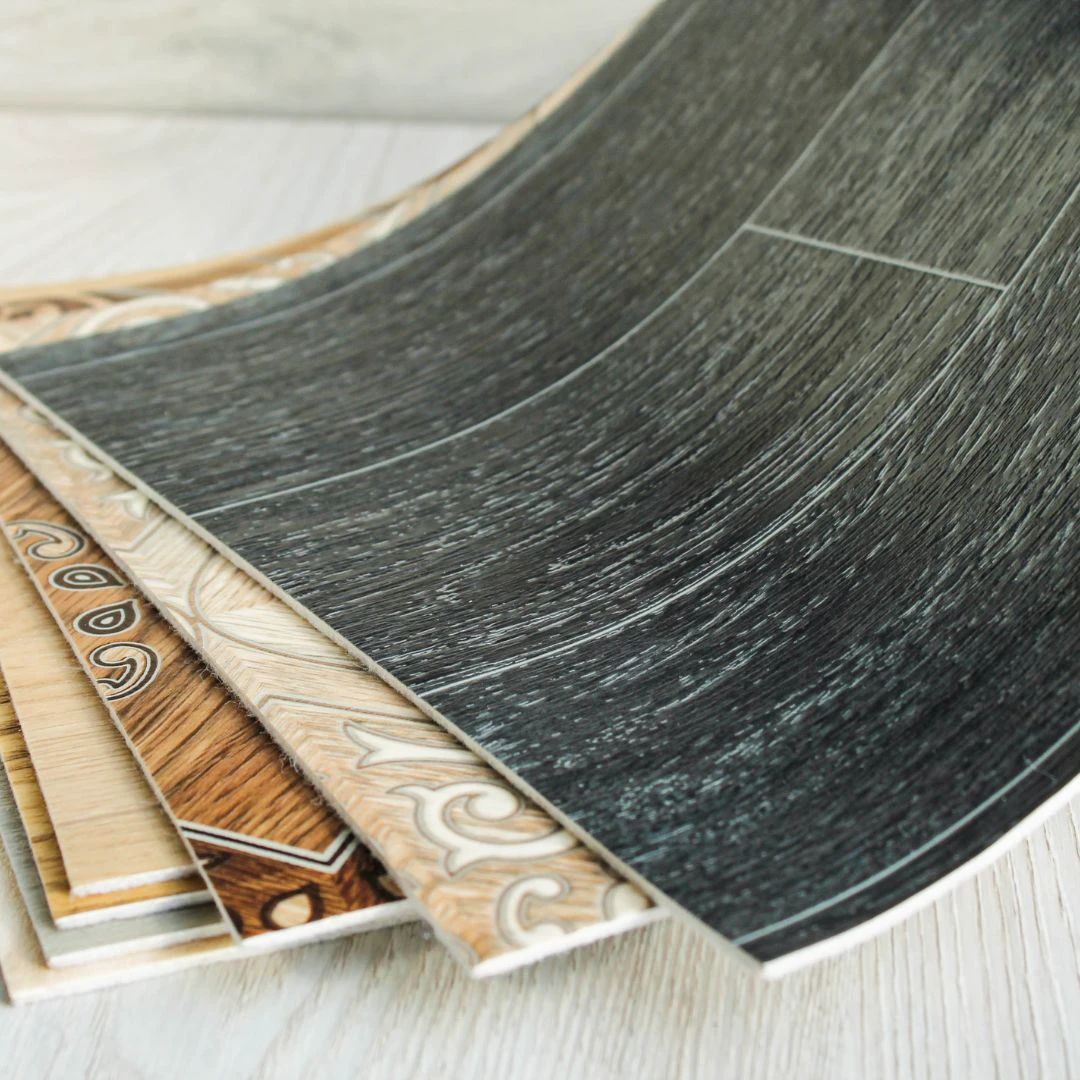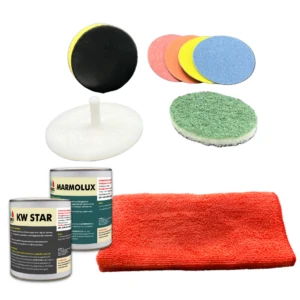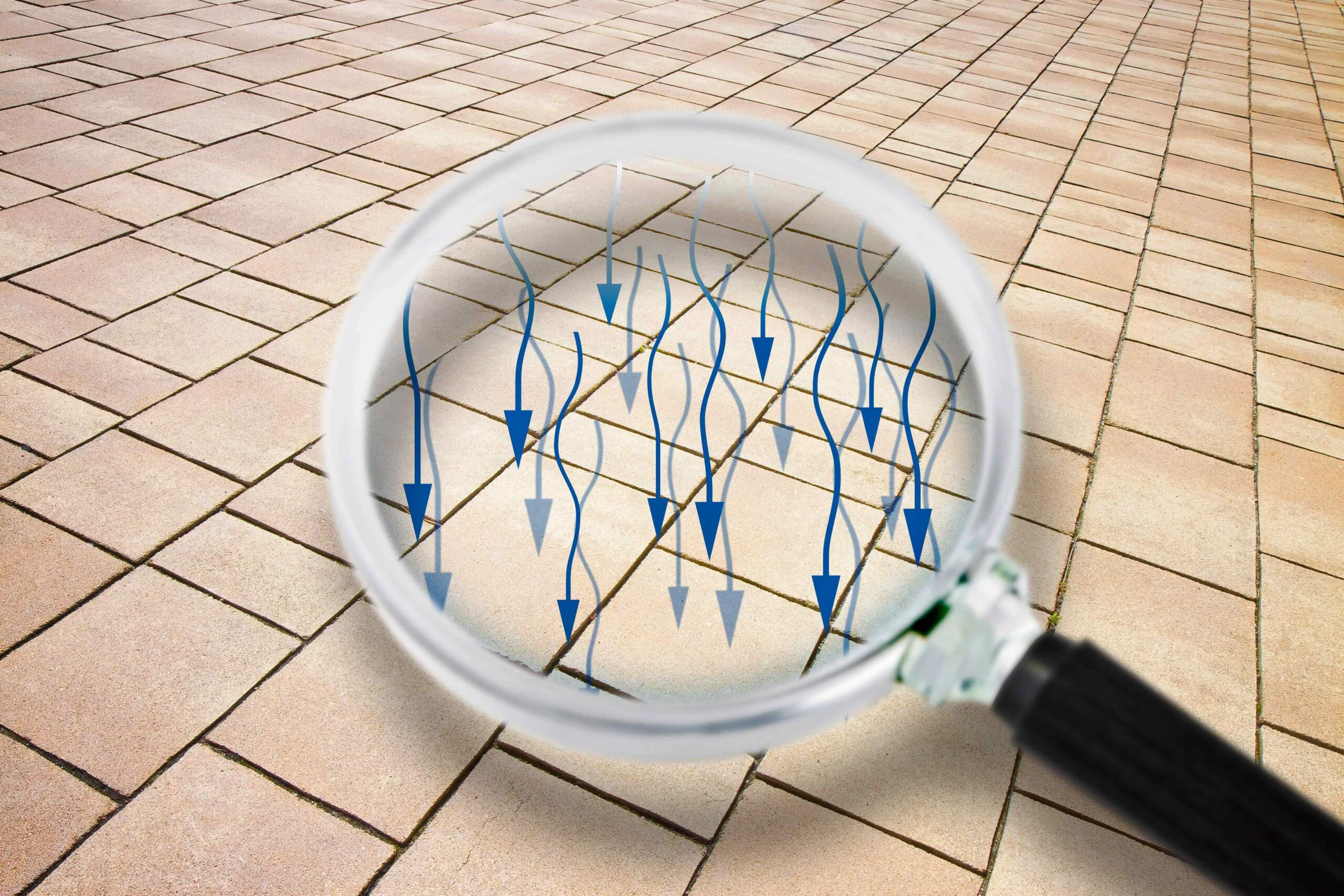Has your marble become opaque? It no longer has that shiny effect that made it look so precious? Don’t worry. In this article we have prepared a review of the most common methods for cleaning and polishing stained or matted marble. There are many methods for removing stains from marble: we have chosen the most effective ones and we have ordered them in order of aggression. We also chose to present substances that you definitely have at home, such as hydrogen peroxide and baking soda. Although it may not seem, marble is a porous material and can absorb fatty, oily or coloring substances, that end up staining it.
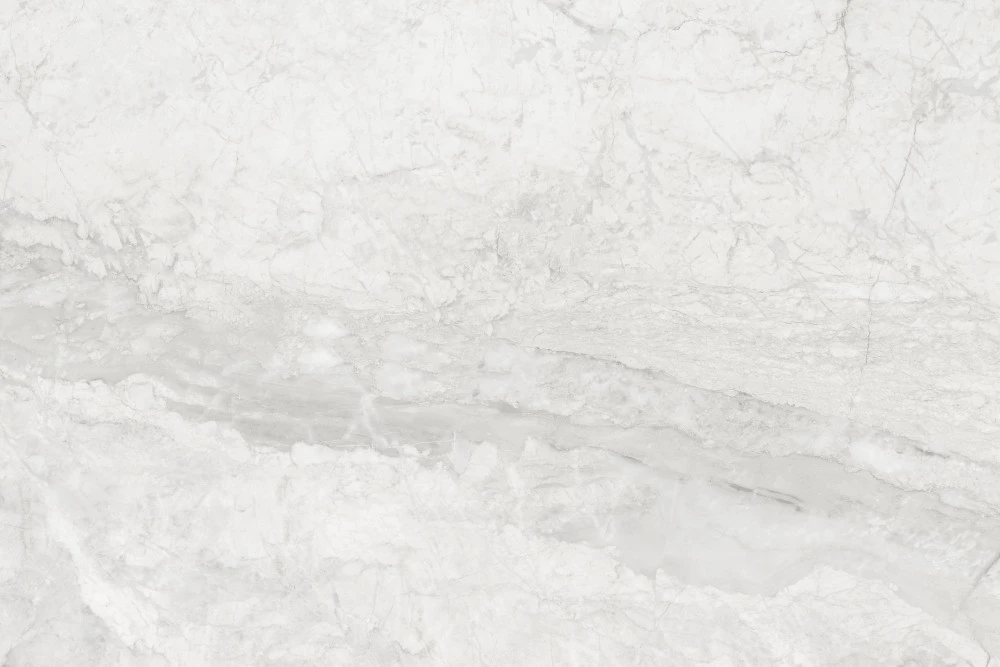
Even rainwater or carbonated water and acidic substances are enemies of polished marble. Both have the effect of making it opaque and taking away all the shine. A stained or matt marble is not beautiful to look at, is it? Has your marble windowsill become a dull color? Has your bathroom floor lost its shine? Does the countertop have stains that haven’t come off since you last cooked chicken curry? I know, it’s ugly, but it happens to anyone with a marble surface. Keep reading and we’ll explain the most common methods for polishing matte marble.
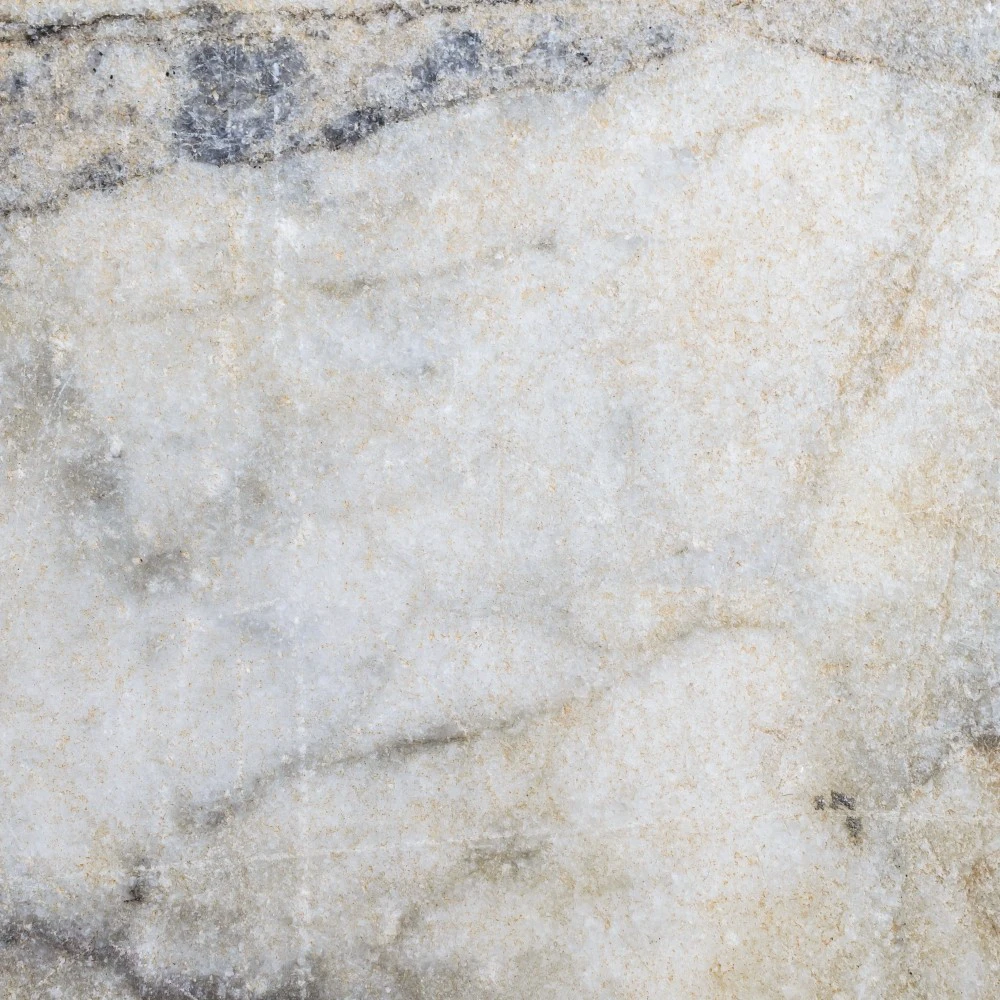
Watch out for wine, oil and coffee!
Marble stains very easily. You should therefore pay attention to those strongly coloring substances that could create showy stains. What are these substances? Here is a partial list of substances that stain marble:
- wine, coffee and dark substances
- turmeric, curry, cumin and other yellowish substances
- fruit, fruit juices and sugar-based substances
- tomato sauce
- water left to evaporate, especially if very calcareous
- excess of cleaning detergent
- the excess of polishing wax
As you can see these are threats normally present in your home and to which marble is exposed every day. Here we have collected simple and effective methods for how to clean stained marble.
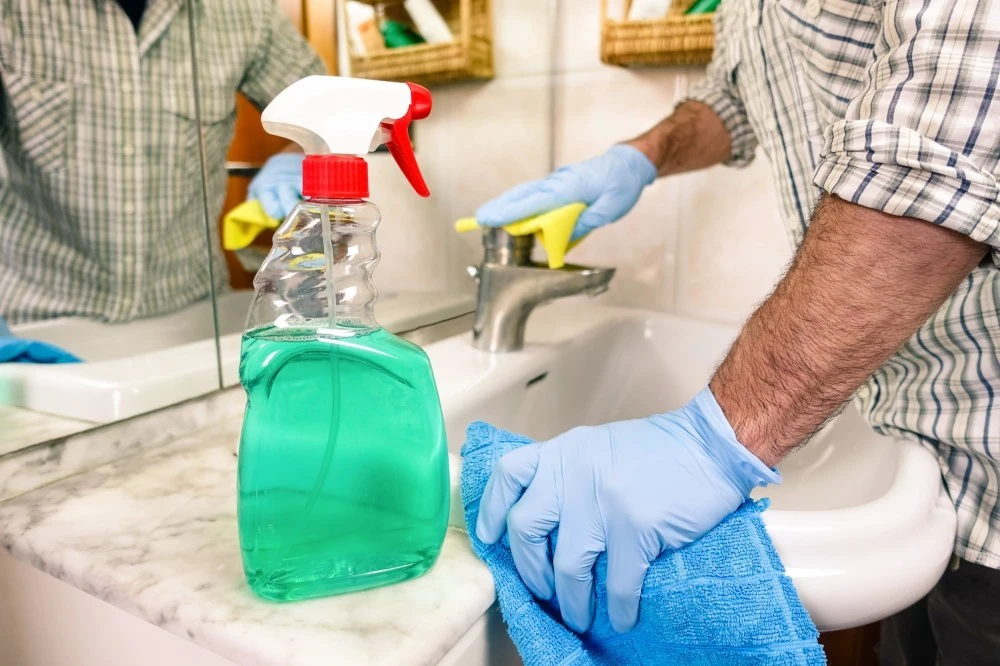
But be careful: our experts always advise to try each remedy in an invisible corner of the surface to be treated, to see what effects the substance has. This will prevent damage to the surface. Also, if you’re not sure which method is best for you, you can start with the least invasive one, and move on until you’ve cleared the stain. So, are you ready to start? On we go, to a shiny marble!
First solution: a damp cloth
This is the starting point. Use this method in all those cases where marble has not yet absorbed the staining substance. Wet the cloth with some hot water and run it over the dirt. Be careful not to rub too hard, you may scratch your marble, causing more damage than benefits. After passing the damp cloth is very important to dry. If you let the water evaporate on the surface, you risk finding the marble dulled by limestone. In some cases this solution is not enough, and you have to add a step of aggression. Here is then the next solution.
Second solution: hydrogen peroxide
To stain or polish marble sometimes you need a more effective substance than just hot water. Hydrogen peroxide is for you. Hydrogen peroxide is a mixture of water and oxygen. Surely you know it as a disinfectant for wounds. However, hydrogen peroxide has many uses, depending on the concentration. Do you know, for example, that it was used as rocket fuel? However, the hydrogen peroxide will be used by you for its staining and whitening power. You will need to use 10-12 volume hydrogen peroxide. Yes, you understand: it is the one you find in the supermarket and you definitely have in the medicine cabinet. How to use it? Simple. Wet a damp cloth and then remove it from the stain. The hydrogen peroxide will remove dirt from your marble shelf and leave it clean without attacking it. Again, be careful not to rub too much because you may scratch the surface. In any case, pay attention because hydrogen peroxide could strongly corrode and dull your marble surface.
Hasn’t the stain gone away yet? Then you need something more aggressive. Read on and find out what you can do.
Third solution: how to clean marble with baking soda
Baking soda is one more substance that you definitely have at home and that can be useful for removing stains or polishing marble. Removing the stains from the marble with baking soda is very easy. Here’s how to do it: mix a few tablespoons of baking soda with water. Be careful: your goal is to create a kind of delicate abrasive paste to remove dirt. In fact, bicarbonate is made of microgranules that produce a slight abrasive action. It is not by chance that it is used in whitening toothpastes. For the same reason, baking soda also has a polishing effect. I mean, with this method you kill two birds with one stone.
Fourth solution: Marseille soap for marble
Now we come to detergents. If until now the stains have not come off and the marble remains stained you need a more energetic action. Marseille soap is for you. This product is a natural detergent with multiple uses. In the past, it was soap par excellence and our grandparents used it for everything: personal hygiene, washing laundry, cleaning the house. Removing stains from marble is one of the many uses of Marseille soap. Use a soap-soaked sponge to remove it: you will remove it by passing it over the stain. We also have another trick! Marseille soap can be used in combination with baking soda. This will combine the abrasive effect with the cleaning effect, giving more cleaning power to your intervention. Staining or polishing matte marble in this way will be very effective. But be careful: even in this case you should not rub too hard, otherwise you risk scratching the marble. We will not tire of repeating it.
Fifth solution: kits for marble
In the world of marble care and maintenance, we often encounter situations where natural remedies prove ineffective in solving emerging problems. When it comes to dealing with really stubborn stains, opacity or other problems that can compromise the appearance and durability of marble, it becomes essential to rely on specific detergents. Marbec offers two types of specific kits to clean, repair and revive marble surfaces without compromising their integrity: it is the kit recupera marmo, the kit recupera marmo manuale and the kit rinnova marmo. The first is ideal for the recovery and re-polishing of marble and polished cement agglomerates that have been heavily damaged by acidic substances (corrosions), opaque by the use or accumulation of limestone or that have scratches. The second is suitable for the renewal of small surfaces (e.g. small tile) in marble and agglomerated polished cementitious that have micro-scratches, while the third, on the other hand, is suitable for the re-polishing and removal of stains and opacifications of slight amounts due to wear, limestone crusts and acidic substances on stairs, walls and bathroom tops.
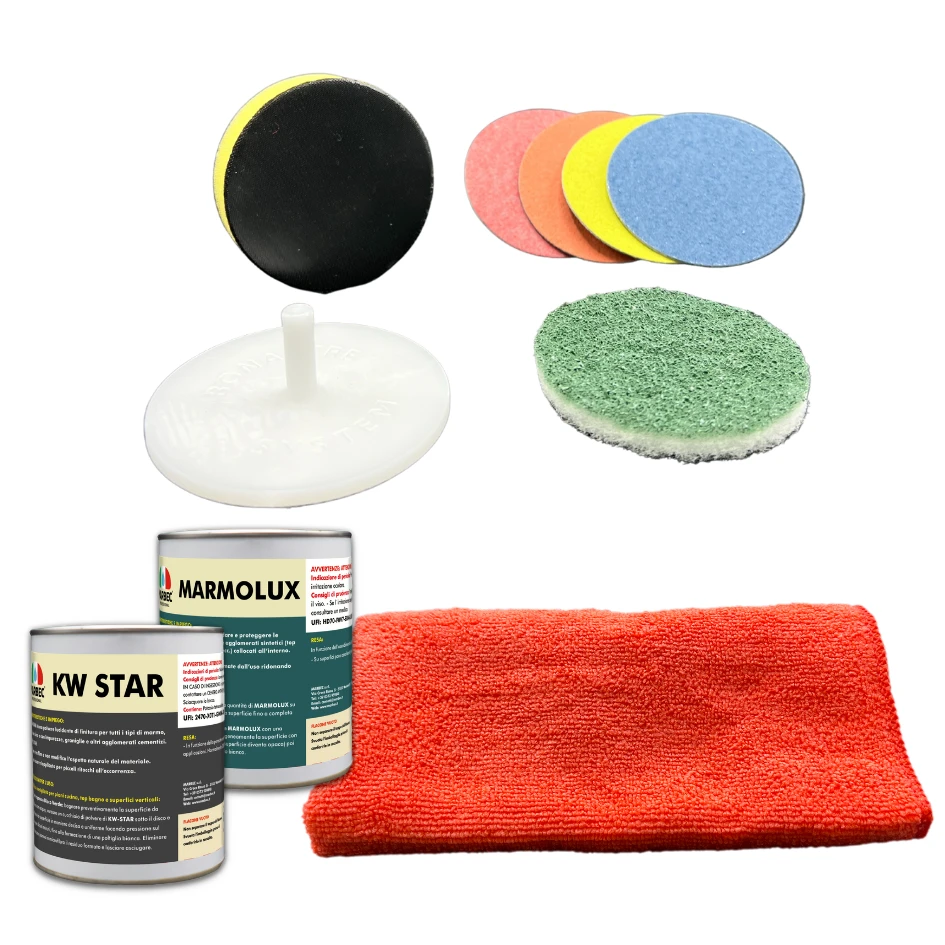
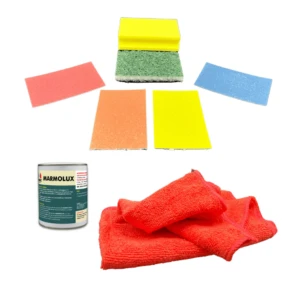
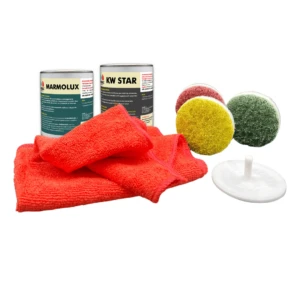
Contact us
Have you followed all our advice and still had no results? Do the stains persist despite your efforts? Do you have a particularly delicate surface and are you afraid of ruining it? Do you want some advice on which products to choose for removing marble? Contact us also in this case: we will submit your questions to our team of professionals who will answer you in no time.


